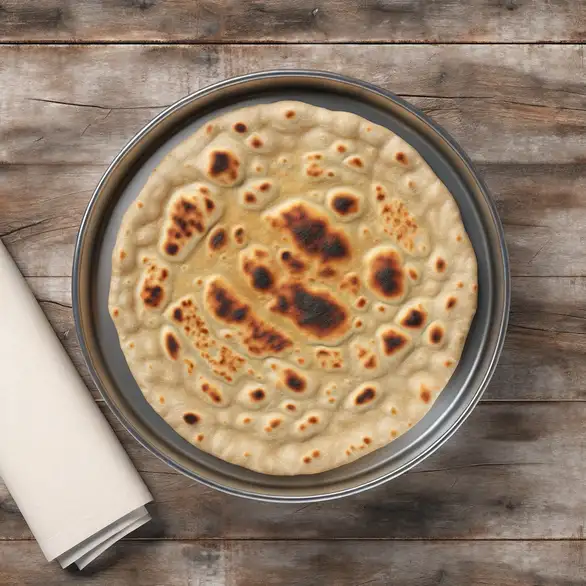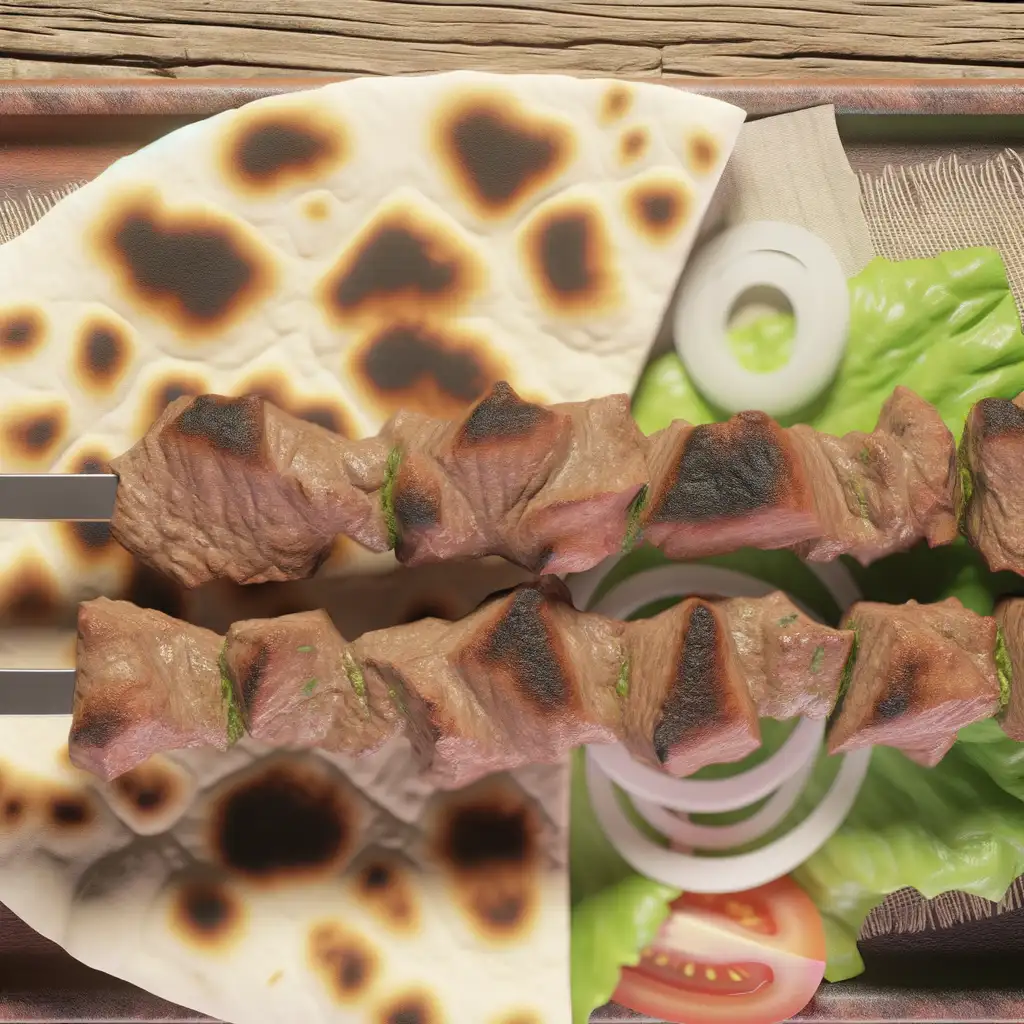



If you ever find yourself craving a place where time seems to slow down and the air hums with stories from centuries past,Kashgar is that rare kind of city. Nestled at the edge of the vast Taklamakan Desert,it feels like stepping into a living tapestry woven with vibrant colors,bustling bazaars,and the warm smiles of locals. The moment you wander through the old town’s narrow alleys,you’re greeted by the scent of spices—cumin,cardamom,and freshly baked naan—mingling with the earthy aroma of leather and wool from nearby stalls. It’s a feast for the senses. The city pulses with a unique blend of Uyghur culture and history,where ancient traditions meet the rhythm of daily life. You’ll hear the melodic call to prayer echoing from minarets,the lively chatter of merchants bartering over handwoven carpets,and the occasional clatter of horse-drawn carts. Sitting down for a meal,you might savor tender lamb kebabs,flaky samsa pastries,and sweet,fragrant green tea served in tiny glasses that invite you to slow down and savor the moment. What really stays with you about Kashgar is its character—a place where East meets West along the Silk Road,where every corner holds a story,and where the people’s warmth makes you feel like you’ve stumbled upon a second home. It’s not just a city to see,but one to feel,taste,and remember long after you’ve left.
The information on this page is currently being reviewed by Tripkliq and should be used as a guide only
Eng word: Hello
Eng pronunciation: Yakh-shi-moo-siz
Local language: ياخشىمۇسىز
Eng word: Goodbye
Eng pronunciation: Khosh
Local language: خوش
Eng word: Thank you
Eng pronunciation: Rah-met
Local language: رەھمەت
Eng word: How much
Eng pronunciation: Kan-che
Local language: قانچە
Eng word: Toilet
Eng pronunciation: Ha-jet-kha-na
Local language: ھاجەتخانا
Eng word: Help me
Eng pronunciation: Ma-nga Yar-dem Qi-ling
Local language: ماڭا ياردەم قىلىڭ
Eng word: Yes
Eng pronunciation: Heh-eh
Local language: ھەئە
Eng word: No
Eng pronunciation: Yak
Local language: ياق
Eng word: Excuse me
Eng pronunciation: Ke-chu-rung
Local language: كەچۈرۈڭ
Kashgar has been a significant trading post on the Silk Road for over 2,000 years, serving as a key junction between the East and the West.
Built in 1442, the Id Kah Mosque is the largest mosque in China and a central place of worship for the local Uyghur Muslim community.
The Old Town of Kashgar is a maze of narrow streets and traditional Uyghur homes, offering a glimpse into the city's rich cultural heritage.
Also known as the Tomb of the Fragrant Concubine, this mausoleum was built in 1640 and is a masterpiece of Islamic architecture in Xinjiang.
Kashgar's Sunday Bazaar is one of the largest and most vibrant markets in Central Asia, attracting traders and visitors from all over the region.
Kashgar is the starting point of the Karakoram Highway, one of the highest paved international roads in the world, connecting China and Pakistan.
Located near Kashgar, the ancient Stone City of Tashkurgan dates back over 2,000 years and was an important stop on the Silk Road.
Kashgar is renowned for its traditional Uyghur handicrafts, including intricate carpets, pottery, and musical instruments like the rawap and dutar.
The city was home to numerous caravanserais, which provided lodging and supplies for Silk Road traders and their caravans.
In Kashgar, the most common Power Adaptor is Type A, Type I, Type C.







A traditional Uyghur flatbread, often baked in a tandoor, served as a staple accompaniment to meals.

Grilled skewers of marinated meat, typically lamb or beef, seasoned with local spices and served with flatbread.

A hand-pulled noodle dish served with a rich, savory sauce made from meat, vegetables, and spices.

Savory pastries filled with spiced meat and onions, baked until golden and crispy.

A hearty dish of braised chicken, potatoes, and wide noodles, often flavored with chili and spices.

A fragrant rice dish cooked with meat, carrots, and spices, similar to pilaf, often served during special occasions.

Homemade, thick yogurt often served as a refreshing side dish or condiment, sometimes flavored with herbs.
Imagine stepping into Urumqi Shi and instantly feeling the pulse of a city where East meets West in the most vibrant way. The air carries a mix of spices from bustling bazaars,mingling with the crisp mountain breeze that drifts down from the nearby Tianshan range. Walking through the streets,you’ll hear a lively blend of Uyghur music and Mandarin chatter,creating a soundtrack that’s both exotic and warmly familiar. The city’s skyline is a fascinating patchwork of modern buildings and traditional Islamic architecture,telling stories of a rich cultural tapestry.
What really makes Urumqi special is its unique position as a crossroads of cultures. You can wander through the Grand Bazaar,where vendors call out in multiple languages,offering everything from handwoven carpets to fragrant dried fruits. The scent of freshly baked naan and sizzling kebabs wafts through the air,tempting you to stop and savor the local flavors. It’s a place where you can sip sweet,milky tea in a quiet teahouse or dive into the energetic street life,feeling the warmth of the people who are proud of their heritage yet open-hearted.
Beyond the city,the natural beauty is jaw-dropping. Just a short drive away,you’ll find the vast,shimmering Heavenly Lake,surrounded by snow-capped peaks and wildflower meadows. Urumqi isn’t just a city to visit; it’s a place to experience — a vibrant,sensory journey that stays with you long after you leave.
If you ever find yourself in Almaty,get ready to be wrapped in a city that feels like a warm embrace between nature and culture. Nestled at the foot of the majestic Trans-Ili Alatau mountains,Almaty hums with a vibrant energy that’s both lively and laid-back. Imagine strolling through tree-lined streets where the scent of fresh apples—this city’s namesake—mingles with the aroma of sizzling street food. The air carries a crispness,especially as you gaze up at snow-capped peaks that seem close enough to touch.
What really makes Almaty special is its blend of old and new. You’ll hear the chatter of locals in cozy teahouses,the clinking of glasses filled with fragrant green tea,and the distant melodies of traditional Kazakh instruments. At the same time,modern cafes and art galleries pulse with youthful creativity. The city’s markets burst with colors—piles of dried fruits,spices,and handwoven textiles invite you to explore and taste. Don’t miss trying beshbarmak,a hearty dish that feels like a warm hug after a day of wandering.
Almaty’s character is deeply tied to its people—friendly,proud,and quietly welcoming. Whether you’re wandering through Panfilov Park,watching the sunset paint the mountains in gold,or sipping coffee in a bustling square,there’s a sense of discovery and comfort here. It’s a place where every corner tells a story,and you can feel the pulse of a city that’s alive,evolving,and utterly unforgettable.
Famous for the Terracotta Army and its role as the starting point of the Silk Road,Xi'an is a historical treasure trove with ancient city walls and a rich cultural heritage.
ExploreImagine stepping into a city where the past and future dance side by side,and that’s Shanghai for you. The moment you arrive,there’s this electric buzz in the air—neon lights flicker against the twilight sky,while the gentle hum of the Huangpu River carries stories from centuries ago. Walking along the Bund,you can almost taste the salty breeze mingling with the aroma of street food stalls sizzling with dumplings and scallion pancakes. It’s a city that never quite sleeps,yet somehow feels intimate and alive all at once.
Shanghai’s character is a fascinating blend of old-world charm and cutting-edge modernity. You’ll find yourself wandering through narrow alleys in the French Concession,where leafy trees shade quaint cafes and art galleries,then suddenly be swept up by the futuristic skyline of Pudong,with its towering skyscrapers piercing the clouds. The city’s rhythm is a mix of traditional tea houses where locals chat over jasmine tea and the pulse of techno beats spilling out of rooftop bars.
What really makes Shanghai unforgettable is how it invites you to slow down and soak in its layers. The chatter of vendors,the clinking of mahjong tiles,the scent of jasmine and roasted chestnuts—all these details create a sensory tapestry that feels both vibrant and comforting. It’s a place where every corner tells a story,and every meal is a celebration. Trust me,once you’ve felt Shanghai’s heartbeat,you’ll want to come back just to listen again.
Imagine stepping into a city where towering skyscrapers meet bustling street markets,and the scent of sizzling street food mingles with the salty breeze from Victoria Harbour. That’s Hong Kong for you—a vibrant pulse of energy that never quite slows down. Walking through its neighborhoods,you’ll hear a symphony of sounds:the chatter of locals bargaining over fresh produce,the clatter of dim sum carts,and the distant hum of ferries gliding across the water. It’s a place where East and West blend seamlessly,creating a unique rhythm that’s both modern and deeply rooted in tradition.
What really grabs you about Hong Kong is its character—bold,unapologetic,and endlessly curious. One moment you’re wandering through neon-lit streets in Mong Kok,alive with the buzz of night markets and arcade games,and the next,you’re finding calm in the lush greenery of Victoria Peak or the quiet temples tucked away in the city’s corners. The city’s food scene alone is a journey:from steaming bowls of wonton noodles to delicate egg tarts fresh from the oven,every bite tells a story.
Hong Kong feels like a city that’s always inviting you to explore a little deeper,to taste a little more,and to soak in its vibrant culture. It’s a place where every street corner has a story,and every sunset over the harbor feels like a personal gift. Trust me,once you’re there,you’ll understand why it’s impossible not to fall a little in love with this dynamic city.
Imagine stepping into a place where the ocean breeze carries a hint of salt and tropical flowers,and the sun seems to linger just a little longer on your skin—that’s Sanya. Nestled on the southern tip of Hainan Island,this city feels like a warm embrace from the moment you arrive. The rhythm here is relaxed but alive,with palm trees swaying gently against a backdrop of turquoise waters and soft,sandy beaches that stretch endlessly. It’s the kind of place where mornings start with the chatter of fishermen unloading their catch and the scent of fresh seafood mingling with the salty air.
Walking through Sanya’s bustling markets,you’ll hear the lively calls of vendors selling exotic fruits and spices,while the aroma of grilled satay and tropical fruits like lychee and mango tease your senses. The city’s culture is a vibrant blend of traditional Li and Miao ethnic influences mixed with modern coastal charm,giving it a unique character that’s both authentic and inviting. You can feel the warmth not just from the sun but from the locals,who are genuinely friendly and eager to share their stories.
Whether you’re wandering along the palm-lined streets,diving into crystal-clear waters,or savoring a bowl of freshly caught seafood at a beachside shack,Sanya invites you to slow down and soak in its easygoing spirit. It’s a place that stays with you long after you leave,whispering promises of sunlit days and starry nights.
Unlicensed money changers offer poor exchange rates or shortchange tourists during transactions.
Scammers sell counterfeit tickets to popular attractions, leaving tourists unable to enter.
Shops sell counterfeit silk or carpets at inflated prices, claiming they are authentic Kashgar products.
Unlicensed guides offer tours but provide little value or mislead tourists about historical facts.
Taxi drivers refuse to use meters and charge tourists significantly higher fares than locals.
Locals in traditional attire ask tourists to take photos with them and then demand payment afterward.
Street vendors target tourists by quoting much higher prices for souvenirs or food than they would for locals.
Tourists are invited by friendly locals to a tea house, where they are charged exorbitant prices for tea and snacks.
China has very strict laws regarding drugs, and this includes Kashgar. The possession, use, or trafficking of illegal drugs can result in severe penalties, including long prison sentences, heavy fines, and even the death penalty. Tourists should avoid any involvement with illegal drugs and be cautious about any substances they may be carrying or offered. Prescription medications should be accompanied by a doctor's note or prescription.
In Kashgar, as in the rest of China, smoking is generally allowed in many public places, although there are increasing restrictions. Smoking is prohibited in indoor public spaces, workplaces, and public transport. However, enforcement can be inconsistent, and you may still encounter smoking in some areas where it is technically banned. Tourists should look for designated smoking areas and be mindful of local customs and regulations.
Vaping regulations in Kashgar are similar to those for smoking. While there are no specific laws targeting vaping, it is generally treated the same as smoking. This means that vaping is prohibited in indoor public spaces, workplaces, and public transport. Tourists should use designated smoking areas for vaping as well and be aware of local attitudes towards vaping.
What are other people saying about Kashgar?
Recent Social posts about Kashgar
There is nothing to show you for now.